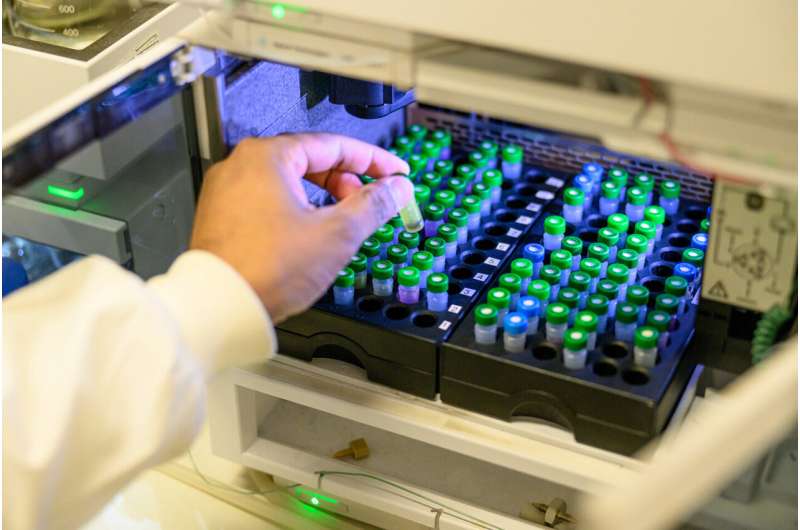Chemotherapy is one of the most widely used cancer treatments, but it doesn’t always work as effectively as hoped. One major reason is that a specific group of the body’s own immune cells act as a barrier around tumors. These white blood cells, known as macrophages, surround the blood vessels inside tumors and act like gatekeepers, blocking helpful immune cells from entering and doing their job in supporting the responses to chemotherapy.
The King’s College London scientists, who have launched a spinout company, Aethox Therapeutics, found that these macrophages make a protein called heme oxygenase-1 (HO-1), which helps shield the tumor from the immune system and block the effects of chemotherapy. The new drug, KCL-HO-1i, targets this protein.

